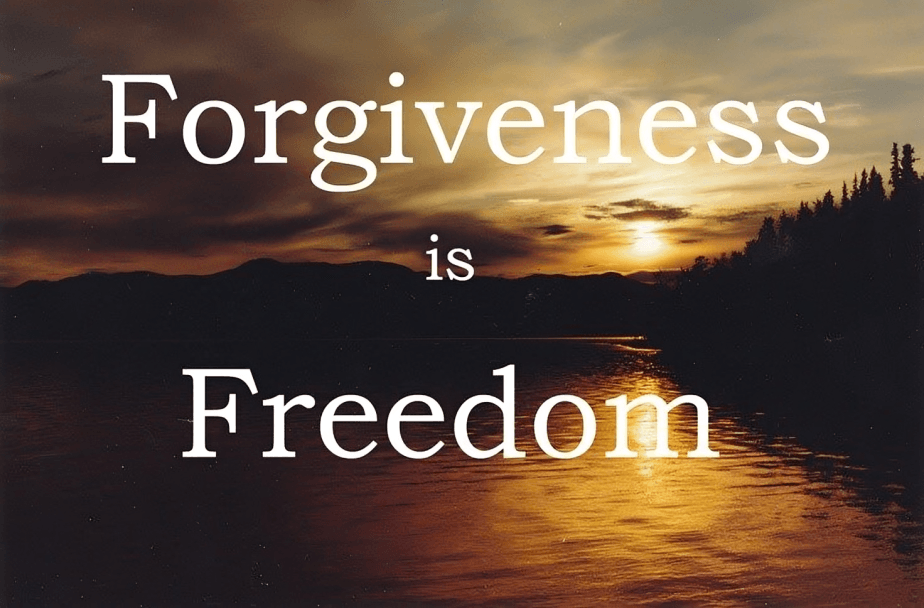
“
Facts about building mental resilience are essential in today’s fast-paced and unpredictable world. Mental resilience helps individuals bounce back from adversity, adapt to stress, and maintain emotional balance. Whether facing personal struggles or professional setbacks, those who master facts about building mental resilience can navigate challenges with confidence and inner strength. 1
1
”
Greek philosopher Epictetus taught that we are disturbed not by events but by our views of them. Shaping our thoughts positively builds mental resilience and emotional stability through every hardship. 1
Exercising regularly—like walking, jogging, or dancing—triggers the release of endorphins and lowers cortisol. These effects protect the brain, lift mood, and significantly increase one’s mental resilience. 2
Meaningful social bonds give us emotional support, which helps reduce anxiety and feelings of isolation. These connections buffer life's challenges and make us mentally stronger through caring and shared perspectives. 3

Mindfulness practices like deep breathing, yoga, and meditation reduce overthinking and emotional reactivity. These techniques create calmness, essential for maintaining mental resilience in overwhelming environments.
Using self-compassion when facing failures—by avoiding harsh self-judgment—enhances emotional endurance. Speaking to yourself kindly, especially during adversity, helps preserve confidence. 4
Facing personal fears, instead of avoiding them, desensitizes the brain’s threat response over time. Exposure increase mental bravery and strengthen resilience through repeated psychological wins over discomfort. 5
Consuming a balanced diet with vitamins, omega-3s, and antioxidants directly supports brain health. Proper nutrition stabilizes mood, sharpens focus, and boosts emotional regulation, forming a core of mental resilience. 6
Getting at least 7–9 hours of sleep nightly allows emotional centers in the brain to reset. Sleep deprivation disrupts memory, focus, and calmness—essential ingredients for strong mental resilience. 7
Setting long-term goals while breaking them into smaller steps builds self-efficacy and control. Achieving mini-goals trains the brain to manage stress, and maintain persistence during difficult phases. 8
Writing in a journal helps process overwhelming emotions and track thought patterns. This emotional reflection builds insight, helping you manage adversity by strengthening awareness and personal growth over time. 9
Gratitude reshapes the brain’s emotional responses by shifting focus to the positive. Acknowledging small joys or past wins fosters hope and makes us more resilient against emotional hardship and pessimism. 10

Talking to a therapist, counselor, or mental health coach ensures guidance and structure. Professional input introduces strategies and perspectives that help reshape harmful thoughts and fortify your inner emotional stability.
Helping others—through volunteering or kindness—enhances feelings of purpose, value, and connection. This act of giving distracts from personal stress while reinforcing the strength that comes from supporting others.11
Hobbies, whether painting, cooking, or playing music, serve as emotional outlets that relieve stress. Doing what you love increases joy, creates flow states, and strengthens resilience during daily life pressures. 12
A positive outlook is not denial of hardship but a belief that challenges can be overcome. Reframing problems this way helps build grit, adaptability, and emotional self-discipline for hard times. 13
Unplugging from negative news, toxic social media, and digital distractions gives the brain space to recharge. Setting boundaries on information intake helps regulate emotions and builds mental strength. 14

Forgiving others—or yourself—frees emotional space otherwise occupied by resentment. Letting go of bitterness builds peace and helps you move forward with greater resilience and emotional clarity.
Creating art, writing, or playing music nurtures self-expression and emotional release. These creative processes are powerful outlets for coping mental recovery, especially during periods of emotional or social stress. 15
Flexible thinking enables you to view problems from multiple angles, adapt quickly, and let go of rigid expectations. This agility builds psychological resilience by allowing room for solutions and learning. 16
Austrian neurologist Viktor Frankl, who survived the Holocaust, wrote that finding meaning in suffering creates strength. His philosophy formed logotherapy, emphasizing purpose as the core of human survival. 17


